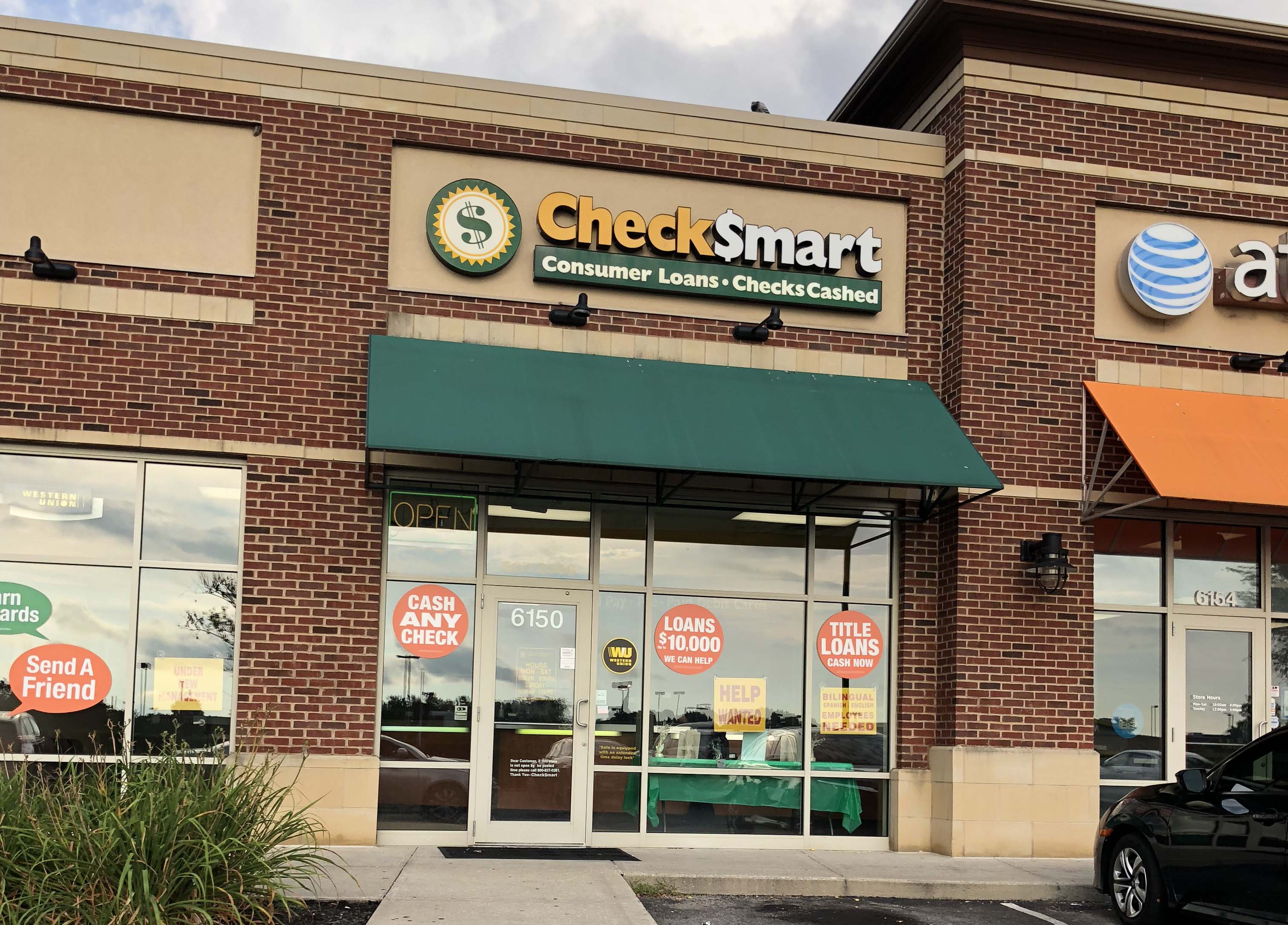
COLUMBUS, Ohio (BP) — Ohio’s new law regulating payday lending is an important advance, but the church plays a vital role in helping people who often become casualties of the predatory industry, Southern Baptist pastor David Gray says.
 Gov. John Kasich signed into law July 30 what some advocates have described as a model for the country in addressing abuses by lenders who often draw poor people into a debt trap by charging exorbitant, and often misleading, interest rates.
Gov. John Kasich signed into law July 30 what some advocates have described as a model for the country in addressing abuses by lenders who often draw poor people into a debt trap by charging exorbitant, and often misleading, interest rates.
In the industry, a lender may portray an interest rate as 15 percent, but it actually is only for a two-week period until a person’s next payday. The annual interest rate in payday lending typically is about 400 percent, making it extremely difficult for a borrower to repay the loan.
The new Ohio measure says a loan of no more than $1,000 can be made for 30 days to two months, but a loan for less than 90 days cannot surpass a monthly payment of more than seven percent of a borrower’s net income per month, according to The Columbus (Ohio) Dispatch. The interest rate is capped at 28 percent, while a monthly maintenance fee cannot be more than 10 percent or $30, whichever is less, The Dispatch reported.
Gray — pastor of First Baptist Church of Garrettsville and a former president of the State Convention of Baptists in Ohio — described the law as “a good first step. It really is because people were being taken advantage of in amazing and sad ways.”
The Fairness in Lending Act is “the beginning of an answer,” but the real “answer is with the church speaking to its people and teaching them how to not fall into the trap that payday lenders give,” Gray told Baptist Press in a phone interview. “You know, easy money is never easy. And that’s really the great challenge that we have — that a person thinks they’re solving a problem and they go about it in a short-term way. And that short-term way is extremely destructive, and so it makes for opportunists to really get ahold of a community.”
Jack Helton, executive director of The Ohio Baptist Foundation, told BP in written comments, “Anytime institutional lending legislation can provide assistance in helping a consumer deal with the stress of financial difficulties, and do so by providing opportunities for them to seek equitable financial solutions that are beneficial to them and their families, and encompass a fair and reasonable profit for the lending institution that does not include greed, that legislation should be enacted, promoted and championed. I believe this legislation accomplishes that!”
The Southern Baptist Ethics & Religious Liberty Commission (ERLC) has joined in recent years with other organizations to call for federal legislation to address the predatory nature of payday lending. As part of its 2018 legislative agenda, the ERLC has urged Congress to extend to all Americans an annual percentage rate cap of 36 percent, a limit now in effect for military service members.
Daniel Patterson, the ERLC’s vice president for operations and chief of staff, called the Ohio law “a good and reasonable development designed to curb some of the grossest excesses of an industry that has shown itself time and time again to be predatory.”
“The payday lending industry targets the poor, traps families in cycles of debt and reaps devastation in communities around the country,” Patterson told BP in a written statement. “As Christians, we’re instructed to care for the poor both individually and also about structures that oppress those made in the image of God. I hope more states follow Ohio’s lead here.”
The Southern Baptist Convention addressed the predatory loan industry in a resolution adopted by messengers during its 2014 annual meeting. The resolution denounced predatory payday lending, called for the adoption of just government policies to end the practice and urged churches to provide training in financial stewardship.
First Baptist Church of Garrettsville is part of the Steel Valley Baptist Association, which covers more than 4,000 square miles in Northeast Ohio and includes a church in Western Pennsylvania. The church he pastors is in a rural area 40 minutes west of Youngstown, and its fiscally conservative congregation is not affected by payday lending, Gray said.
Payday lending “affects our associational greatly,” however, Gray told BP. Youngstown is the United States’ most economically distressed small or mid-sized city, according to a 2017 report by the Economic Innovation Group.
Payday lending is “definitely an industry that takes advantage of places where the poverty rate is high, where unemployment’s high … and where the people have not been taught wise, money-handling principles,” he said.
“It’s a great place for the church to be able to step into the community and offer good, solid teaching on good money management principles. That will do as much as anything to abate the problem.”
Gray told BP, “If we’re going to be successful in penetrating poverty-stricken areas, if we’re going to be successful in touching people where they really live, then we are going to have to be able to help them to solve some of these real problems they have.
“We have to enter in as a part of the process of bringing the Gospel,” he said. “We need to also show that Christ brings solutions as well.”














